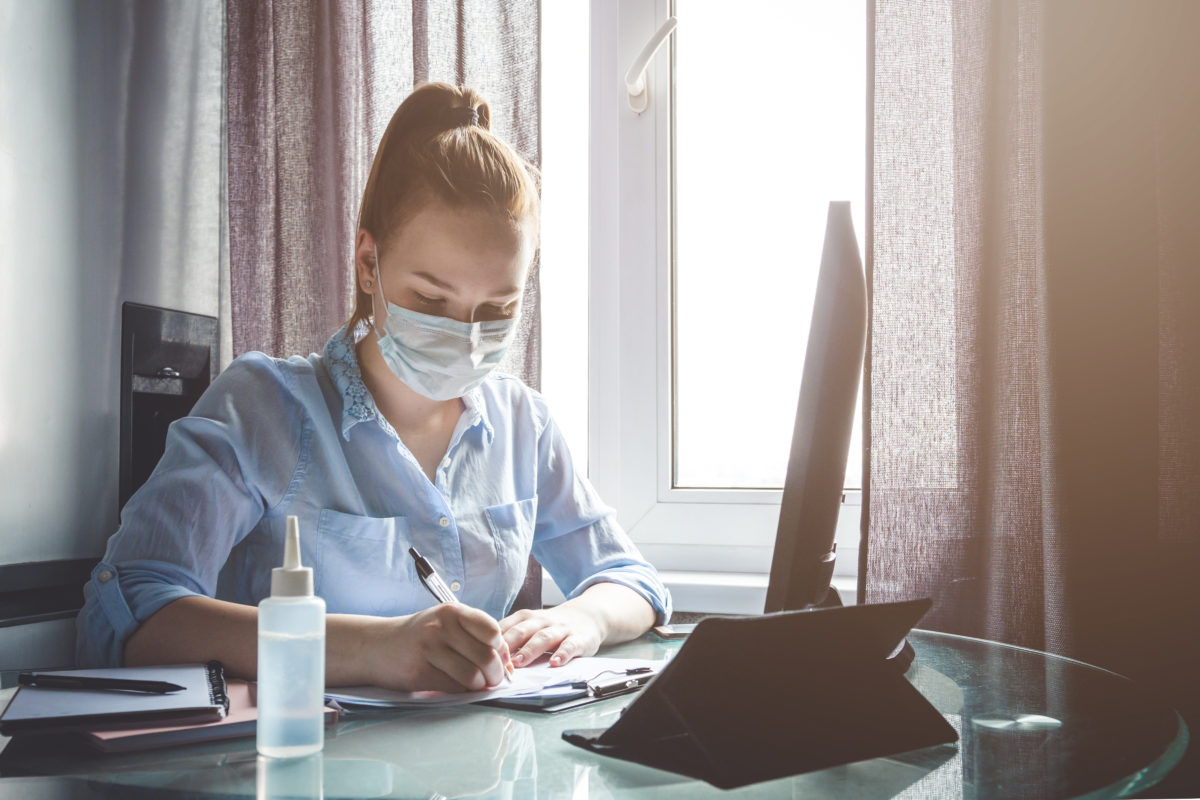New Zealand Herald science writer Jamie Morton has talked to the Prime Minister’s chief science advisor, Professor Juliet Gerrard, at a time when the public is being bombarded with news and views about Covid-19.
He asked: How do we separate the fact from the fudge? Are Kiwis more likely to trust their institutions than other countries’? And are they more likely to listen to experts in times of crisis than they would under normal circumstances?
He referenced Otago University’s Professor Nick Wilson, who noted that New Zealand has the advantage of trust in our Government, which makes steps like the current lockdown easier for society to take.
Then he asked Professor Gerrard if she feels we similarly have a good level of trust in our experts, compared with other countries?
She responded:
There isn’t great data on how much New Zealanders trust scientists, but what there is suggests that we have relatively high trust in experts.
The good thing in the case of the response to Covid-19 is that the Government and the vast majority of the science and public health community have been very well aligned.
There was huge social and cultural licence for the Government to follow the expert advice and act.
Morton next asked if Professor Gerrard suspects people are more likely to listen to and trust experts in a clear-and-present health crisis like this than they would under “normal” circumstances, such as with vaccination or fluoride?
Professor Gerrard: Yes, definitely.
People are much more inclined to welcome expert views in the face of an immediate crisis than with one looming on a more distant time horizon.
Faced with constant TV footage of overloaded hospitals and unnecessary deaths overseas, people seem hungry for answers with evidence behind them.
Maybe I have missed it, but I am not hearing any call to *not* urgently find a vaccine for Covid-19.
Morton asked which particular science communicators have stood out as exemplars, and why?
Professor Gerrard: A hat tip to all our rock star communicators, but especially Dr Ashley Bloomfield, Professor Michael Baker, Dr Michelle Dickinson, Professor Shaun Hendy and Associate Professor Siousxie Wiles.
I think what distinguishes them is an authenticity and a willingness to answer questions honestly, including simply saying “we don’t know yet” or “I’ll get back to you on that”.
They have worked tirelessly to answer endless questions and make sense of an unprecedented situation for the public.
Professor Gerrard had sound advice for New Zealanders who have been bombarded with a constant flow of information about Covid-19, to ensure they can good from the bad.
She said:
The simplest way is to sense check it against trusted sources of information.
The World Health Organisation and New Zealand’s Covid-19 website are a great place to start.
And for newer information that is still under debate, remember that this disease has only existed for a few months and there is much that we still don’t know.
We all need to take a deep breath and accept that our understanding, advice, and opinions need to be constantly checked and reviewed.
That’s how science works and it is good to see it in action.












